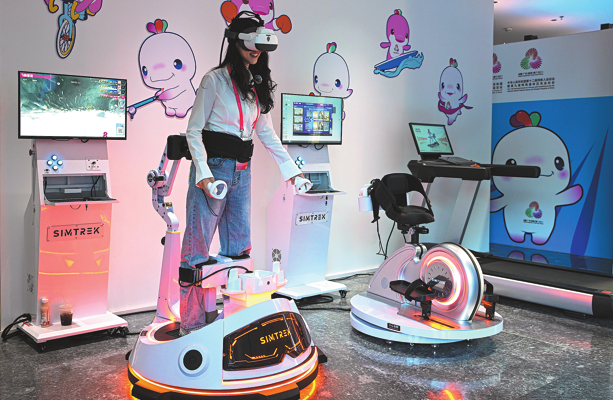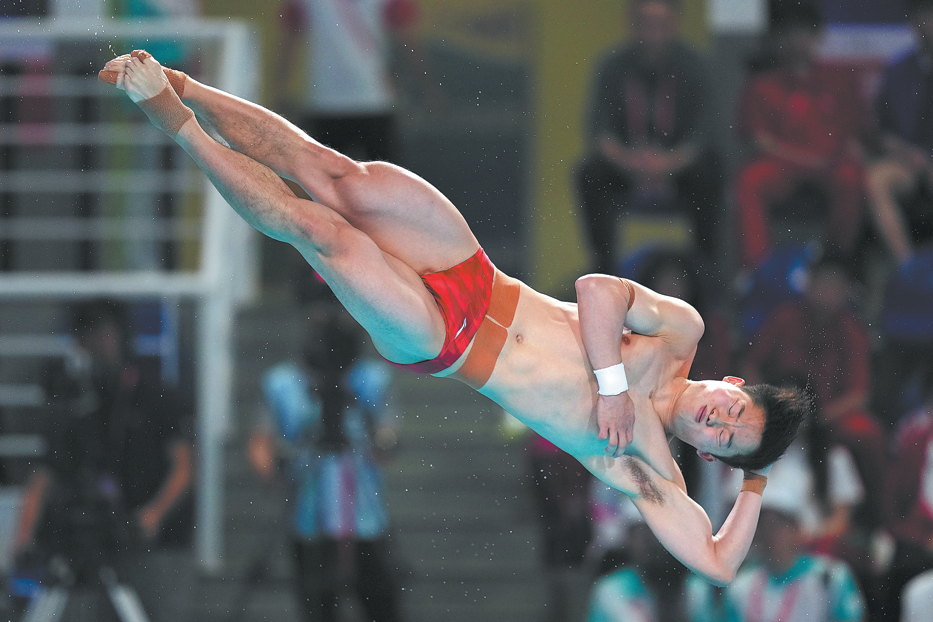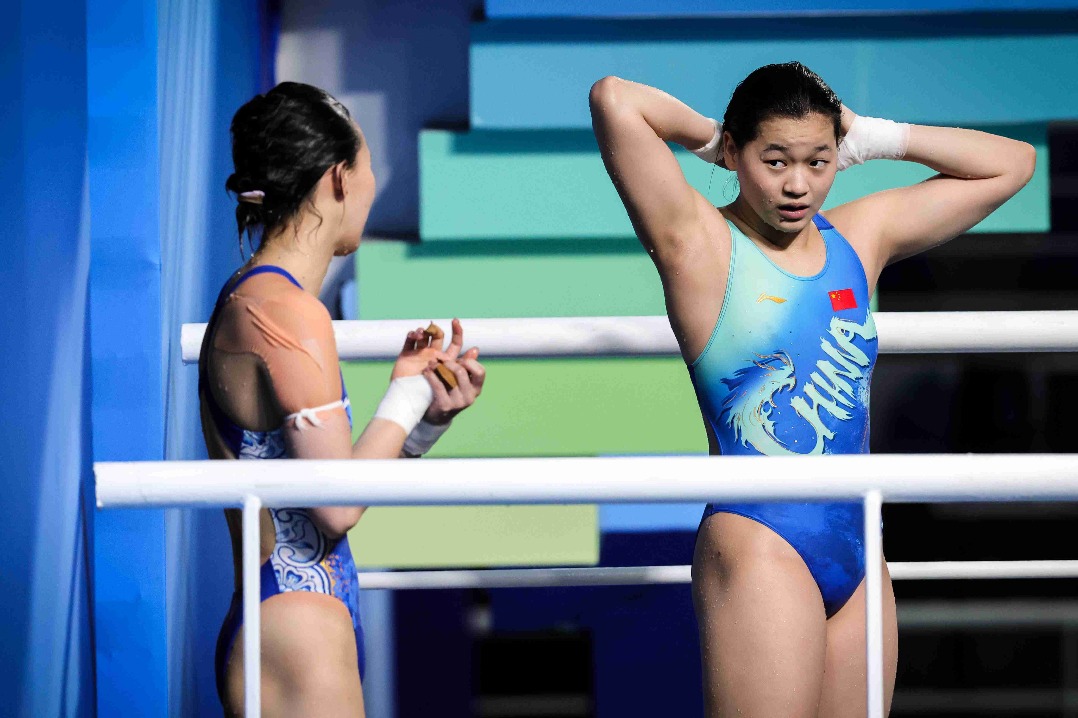Innovations give games' fans high hopes


With the deeper integration of technology and sports, athletic enthusiasts are placing great expectations on the technological innovations that will be featured during the upcoming 15th National Games, hoping these innovations will enhance the quality of competitions, create an engaging viewing experience and offer thorough support for the event.
Scheduled to run from Sunday to Nov 21, the games will be jointly hosted by Guangdong province and the Hong Kong and Macao special administrative regions in the Greater Bay Area, a leading tech hub of China, with a strong emphasis on the use of technology.
Spectators will bear witness to emerging technologies. For example, the 3D virtual National Games village will provide audiences with an immersive online interactive experience, and digital volunteers will offer them 24-hour assistance. Additionally, precise indoor positioning technology will help visitors navigate the venues, and AI cameras for specific sports such as badminton will capture key moments in the matches and offer multi-angle viewing options.
Yang Guanrun, a running enthusiast who works in the consulting industry, hailed the arrangements as aligning with international trends, which aim to enhance spectator engagement at major events and create an equally immersive experience for off-site viewers using smart devices such as phones or computers.
Yang called for more domestic sporting events to embrace similar technological measures to help Chinese athletes achieve better results.
A badminton fan surnamed Man said he believes that the AI cameras designed for badminton matches can enhance athletes' skills, while also helping spectators learn techniques and deeply engage in the intense atmosphere of competitive matches.
Man said that even everyday sports have significant potential for technological applications. He hopes to see more innovative technologies used in popular activities, which could be preserved after events for widespread use by enthusiasts so the public can enjoy sports even more.
A sports lover surnamed Liu, who works at a National Games venue in Shenzhen, Guangdong, pays particular attention to the application of assistive technology.
He mentioned that to host the National Games, the venue underwent upgrades to improve accessibility for people with disabilities. Since only a few new venues were built for the event, the role of technology is even more crucial in better serving athletes and spectators with disabilities.
Liu is pleased to see that innovations such as exoskeleton robots, stair-climbing wheelchairs and apps with sign language translation features will be used in the games to assist the disabled. He hopes that new technologies will continue to address the needs of disadvantaged groups.
Swimming enthusiast Ni Meilan emphasizes the accessibility, convenience and safety of technologies leveraged at the games. She hopes that the barriers for viewers who want to experience the technologies will be lowered, allowing groups such as the elderly, who may be less familiar with tech, to also benefit.
She said she also hopes that the use of emerging technologies such as driverless shuttles transporting athletes and spectators will not only reduce the need for manual labor, but also be well-organized to alleviate congestion and minimize passenger wait times. Furthermore, she emphasized the importance of ensuring safety with the implementation of technologies such as autonomous vehicles, drones and robots, aiming to minimize their impact on people's daily lives.
bingcun@chinadailyhk.com





























